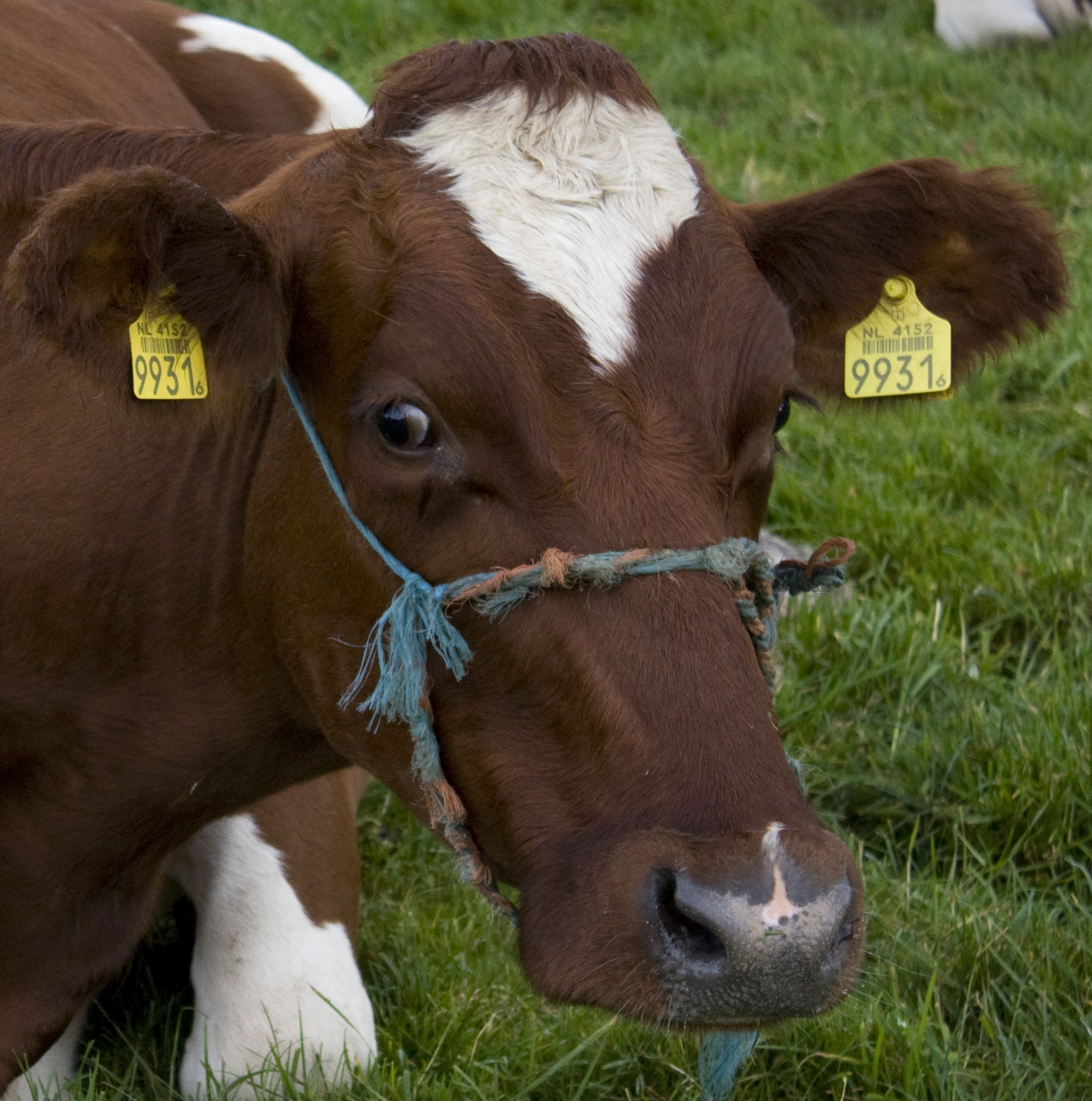Aghast at Ag-Gag Legislation: Silencing Speech for What it Reveals
Citizen Media Law Project 2013-06-24
Summary:
 With the ubiquity of smart phones and digital communication, most of us whisk our phones out to record anything we find significant without giving it a second thought. But when one Utah woman did this in early February, she was charged as a criminal -- solely because the activities she recorded took place on agricultural land.
With the ubiquity of smart phones and digital communication, most of us whisk our phones out to record anything we find significant without giving it a second thought. But when one Utah woman did this in early February, she was charged as a criminal -- solely because the activities she recorded took place on agricultural land.
In a Washington Post opinion article, Amy Meyer explained how she stood outside a slaughterhouse in Draper, Utah, and witnessed acts she labeled as "inexcusable animal abuse." Meyer described a sick cow being "carried away from the building by a tractor as though it were nothing more than rubble" and wrote about cows struggling to "turn around once they smelled and heard the misery that awaited them." She said there were "piles of horns" and flesh scattered throughout the property. When she used her cellphone to film her observations, an employee of Dale T. Smith and Sons Meat Packing Co. approached Meyer and told her she couldn't record any operation of the slaughterhouse. Although Meyer was allowed to leave after being questioned by police, a report was filed.
Eleven days later, Draper prosecutors charged Meyer with agricultural operation interference -- the first charge in the nation under a so-called "ag-gag" law. Specifically, the Utah law (a class B misdemeanor) criminalizes filming or photographing an agricultural operation while trespassing or accessing the property under false pretenses. After learning that Meyer remained on public property while recording, however, prosecutors dropped the charges. Even so, the initial action taken in this case illustrates the growing prevalence of legislation that criminalizes behavior that has traditionally been protected under the First Amendment.
With the ease of communicating with a global audience online, animal activist groups, such as Mercy for Animals and the Humane Society of the U.S., have exercised their First Amendment rights to increase public exposure of their anti-animal cruelty messages, leading to increased public outrage and therefore better-fueled results. Five years ago, the Humane Society's release of a video of cows being moved by heavy machinery led to the largest meat recall in U.S. history, according to a CNN article. The potential of global coverage of unsanitary conditions and animal abuse has unnerved many in the agriculture industry, a concern that is manifested in the increase in ag-gag legislation, like Utah's law, throughout the country.
Addressing the concerns of the industry, legislation was introduced to limit reporting on agriculture in at least 11 states this year: Arkansas, California, Indiana, Nebraska, New Hampshire, New Mexico, North Carolina, Pennsylvania, Tennessee, Vermont and Wyoming. Six states, Kansas, Missouri, Montana, North Dakota, Iowa and Utah, already have related laws.
Among these laws and bills, common provisions include:
- Prohibitions on photographing and recording on farms. Pennsylvania's bill, for example, prohibits recording "an image of, or sound from, the agricultural operation" and criminalizes anyone who "uploads, downloads, transfers or otherwise sends" the footage using the Internet.
- Time limits on reporting animal cruelty -- requiring photographers and recorders to turn any photos or recordings in to authorities within a specific time period or face charges. Missouri's bill proposes a 24-hour reporting requirement; Indiana's exempts from prosecution those who report within 48 hours, unless they first share it with a party outside of law enforcement, specifically including newspapers and TV stations.
- Criminal penalties for applying with false pretenses for employment at an agricultural operation. Pennsylvania's bill punishes this act as a third-degree felony.
Notably, with the wide breadth of some of the ag-gag terminology and explicit anti-media provisions, no state bill or law has specifically addressed First Amendment concerns that have appropriately been raised by animal activists and journalists, among other groups.
The First Amendment is i
Link:
http://feedproxy.google.com/~r/CitizenMediaLawProject/~3/xXu64jxR6qs/aghast-ag-gag-legislation-silencing-speech-what-it-revealsUpdated:
06/24/2013, 16:57From feeds:
Fair Use Tracker » Current Berkman People and ProjectsBerkman Center Community - Test » Citizen Media Law Project